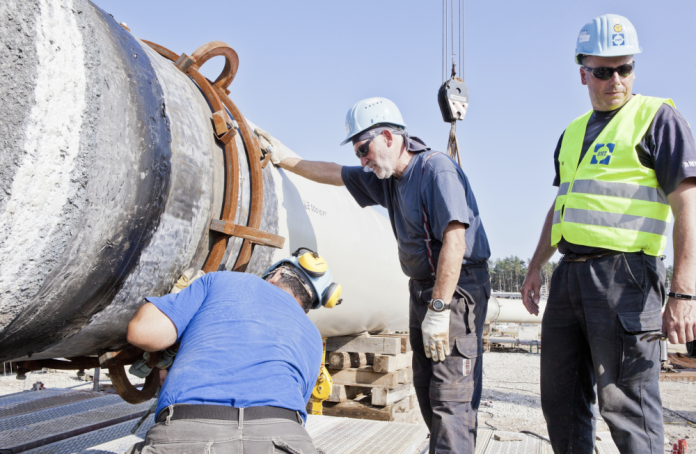The European Commission has re-added Malta’s TransGas pipeline project to its sixth list of Projects of Common Interest (PCI), despite the pipeline’s links to corruption and murder, according to Euractiv.
The pipeline will link Malta to Sicily, replacing the current LNG tanker anchored off the coast of Delimara. The Maltese government has asked the Commission for its contribution at an estimated cost of €400 million.
The pipeline leads to the Delimara power plant, which is operated by Electrogas. Yorgen Fenech, one of the beneficial owners of the company, is imprisoned pending trial for his involvement in the murder of Daphne Caruana Galizia, while others involved are suspected of money laundering and corruption.
Despite the EU’s Trans-European Networks for Energy (TEN-E) rules emphasising renewable energy and electrical interconnections, Malta has been granted a derogation. The project was placed on the fifth EU PCI list in 2022, making it eligible for EU funding.
Frida Kieninger, director of EU affairs at Food & Water Action Europe, stated that the derogation gave the highest EU priority status to fossil fuel projects and at the same time “‘ridicules the aim of the recently renewed rulebook (TEN-E regulation) based on which Union List projects are selected, namely to exclude classic fossil gas projects.”
All member states should be serious about the urgency for a just transition, and the least our pockets – and global climate – needs is another brand new fossil fuel infrastructure project.
The Government of Malta claims that the pipeline will be used for clean hydrogen energy in the future, but it is currently unclear if and how it can be used commercially. Despite this, in the recently announced budget, the government has allocated funding to develop a strategy to introduce the use of hydrogen locally.
The project has been heavily criticised because of Yorgen Fenech’s involvement. When Malta’s Labour Party came to power in 2013, a large state contract was awarded to a consortium of companies, including his company and the Azerbaijani state energy company SOCAR.
The journalists found that Malta’s state-owned energy company Enemalta would pay twice the market price for natural gas as part of the deal, earning SOCAR at least $40 million in profit. They also revealed that Fenech was to make payments of €150,000 a month to offshore companies through a company called 17 Black. The offshore companies are owned by ex-minister Konrad Mizzi and ex-chief of staff Keith Schembri.
In addition, the contract requires the Maltese to buy gas from Electrogas, despite the fact that the company is an intermediary and not a supplier. This means that Maltese will have to compensate Electrogas and, by default, Fenech, which remains a shareholder, up to €85 million.
Daphne Caruana Galizia was murdered in October 2017. She had been investigating for corruption allegations related to the Delimara power plant, partly owned by Yorgen Fenech, and individuals involved in Malta’s gas sector. Fenech denied the allegations, insisting on his innocence.
